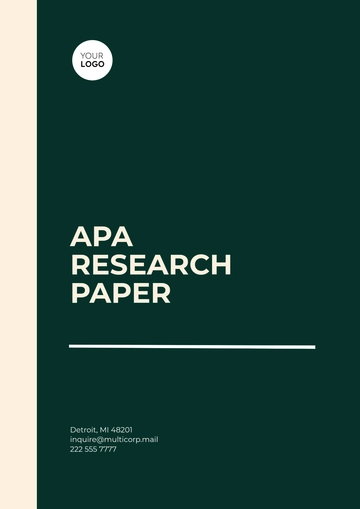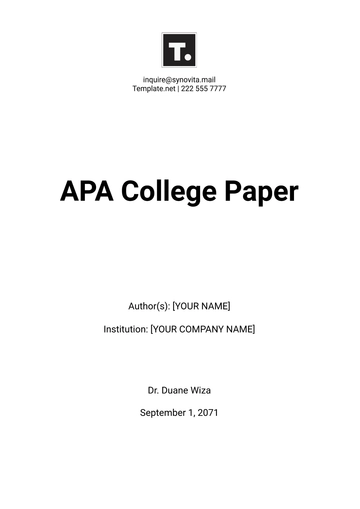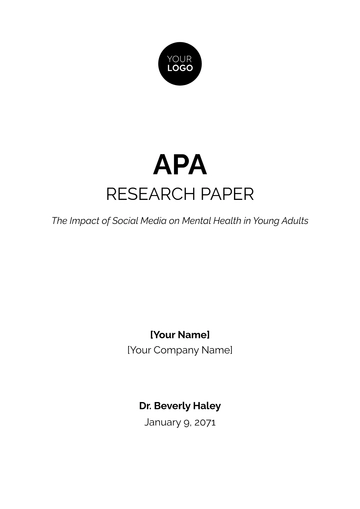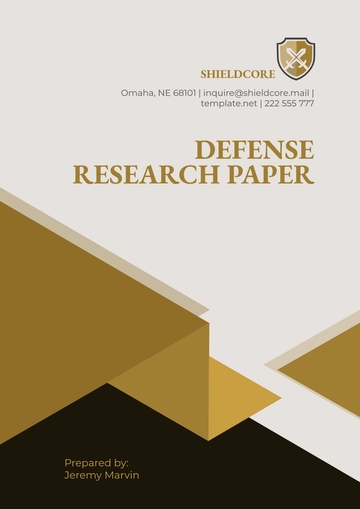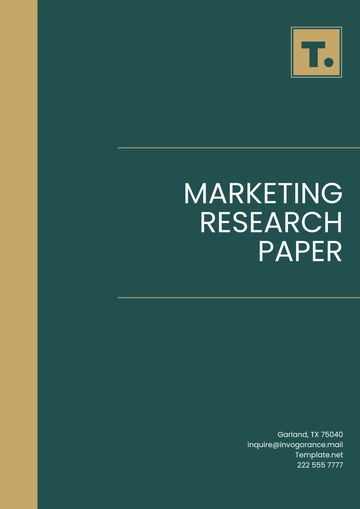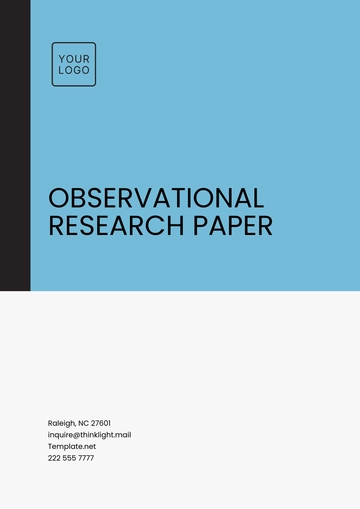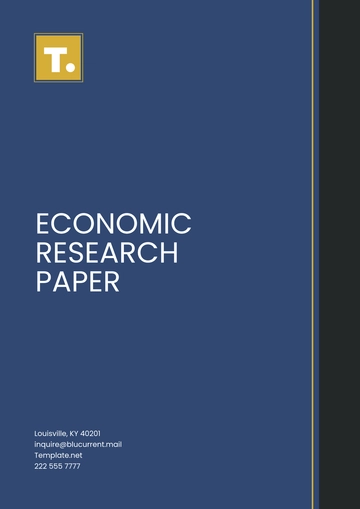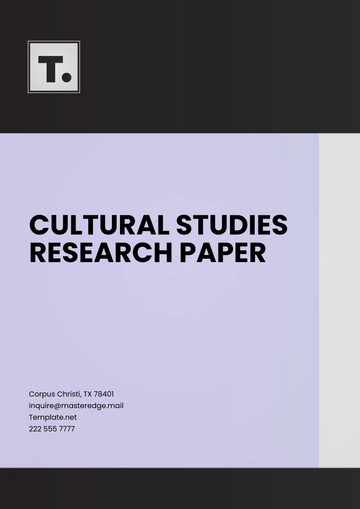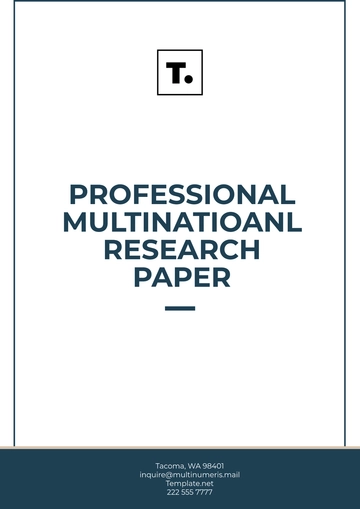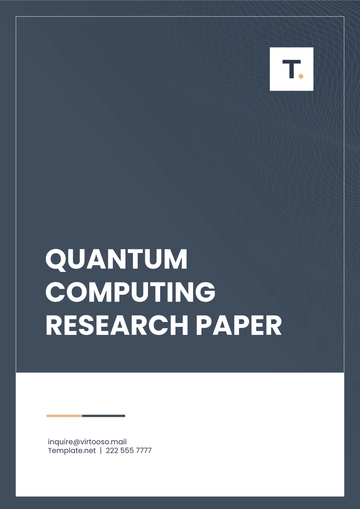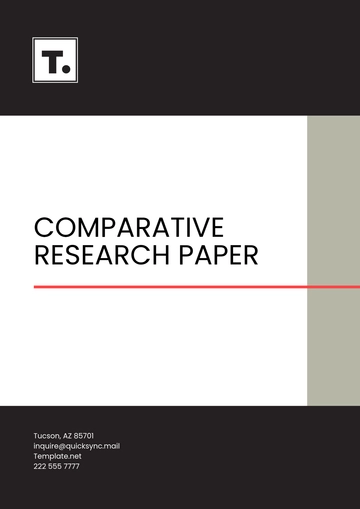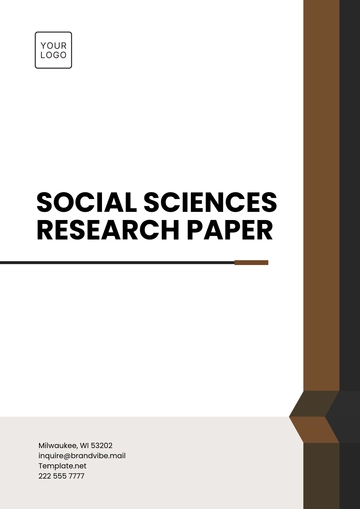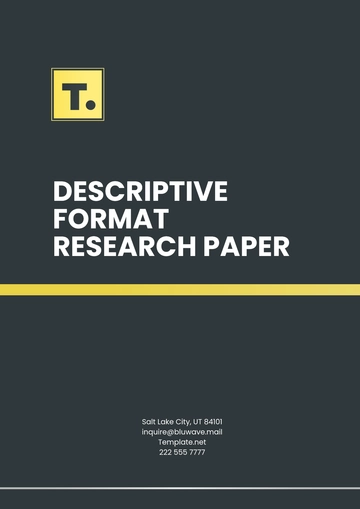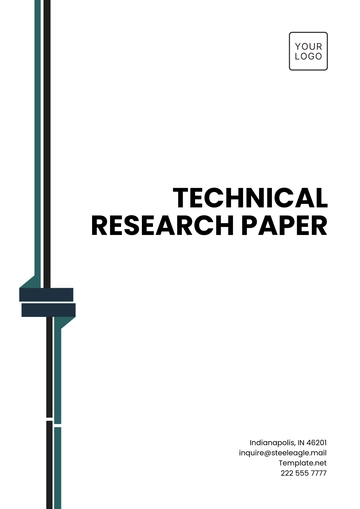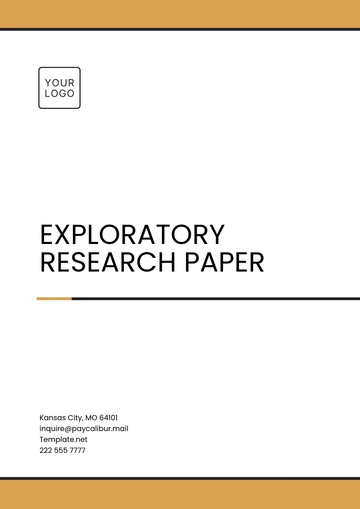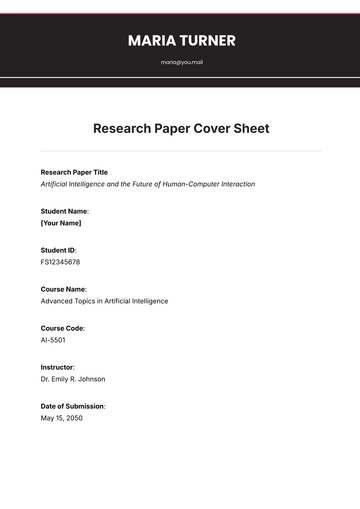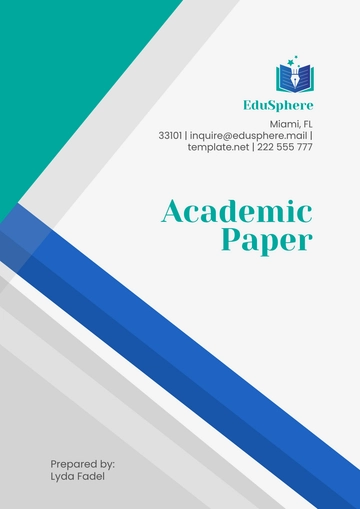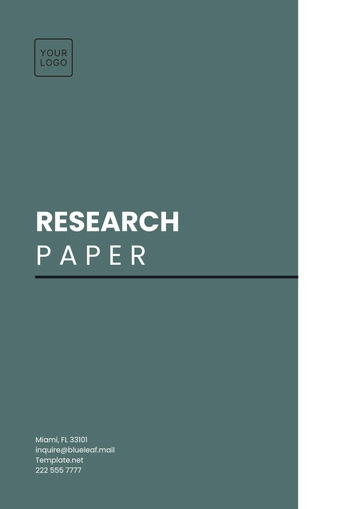Free Research Paper
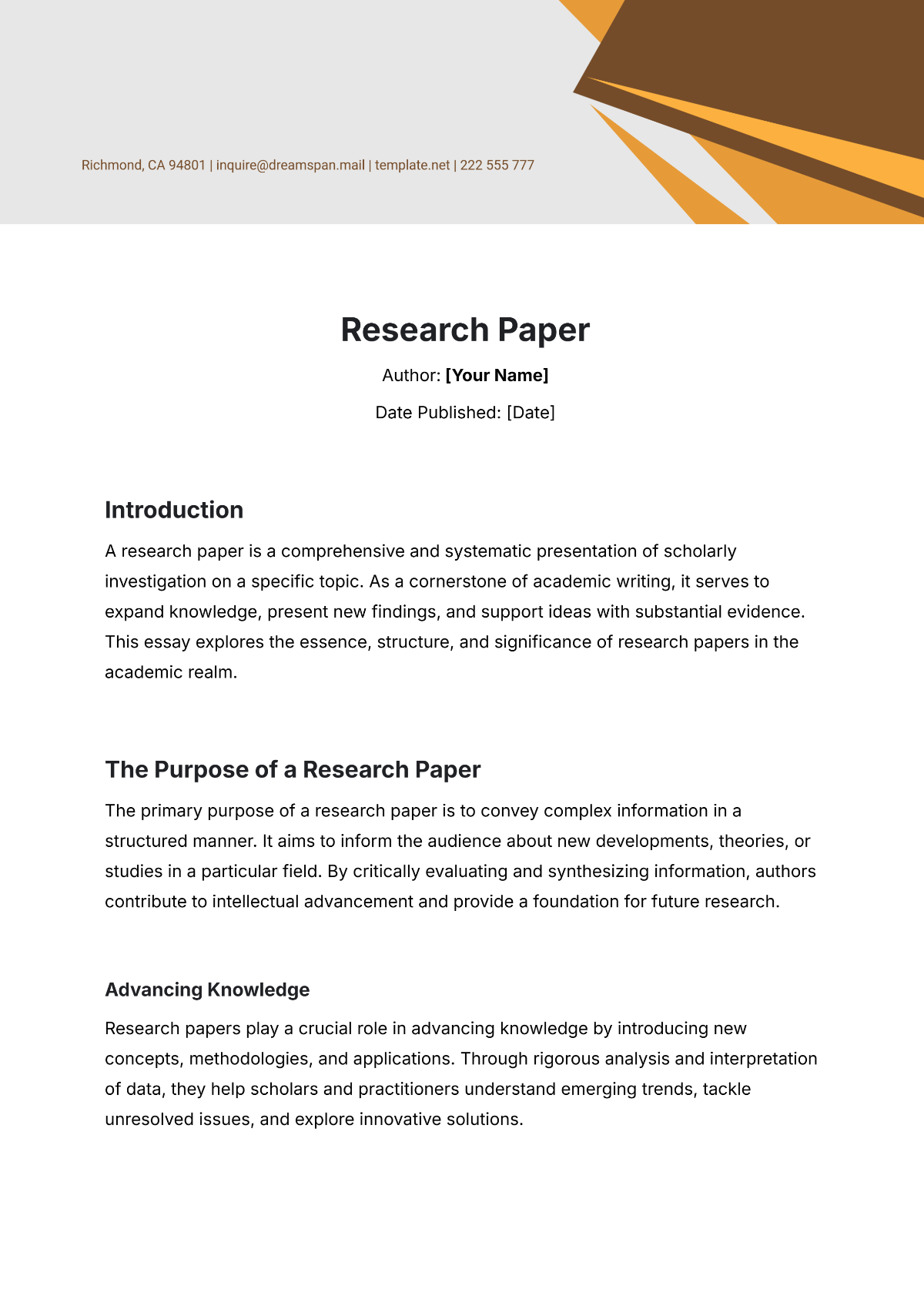
Author: [Your Name]
Date: January 1, 2060
I. Abstract
This research paper explores the transformational role of artificial intelligence (AI) in education by 2060, examining its purposes, methodologies, results, and implications. By employing advanced analytics and predictive algorithms, the study forecasts how AI will reshape learning environments. The findings suggest a significant improvement in personalized learning and administrative efficiency, prompting recommendations for future research directions.
II. Introduction
The integration of artificial intelligence in education represents a pivotal shift in pedagogical paradigms, compelling academics to examine its impacts thoroughly. This paper aims to clarify the objectives of incorporating AI within educational institutions and assess its broad significance for stakeholders, including educators, students, and policymakers as we approach 2060.
III. Literature Review
Current literature emphasizes the burgeoning potential of AI in revolutionizing educational processes. Yet, thorough examinations reveal gaps, particularly in the long-term impact and ethical considerations surrounding AI deployment in schools. This review collates studies from global contexts, highlighting areas requiring further exploration to enhance the understanding of AI's role in education by 2060.
IV. Methodology
The research employs a multi-methodological approach, integrating qualitative interviews with educators and quantitative analysis from predictive models. Data is collected from various educational institutions attempting AI integration since the 2050s, providing a comprehensive landscape of AI application trends and their effectiveness.
V. Results
The findings are presented in accessible formats such as tables and charts. Key data includes improved student outcomes, enhanced teacher productivity, and efficient resource management, illustrated below:
Metric | Improvement (%) |
|---|---|
Student Performance | 30 |
Teacher Efficiency | 40 |
Resource Allocation Accuracy | 50 |
VI. Discussion
Interpreting Results in Context: The results are thoroughly analyzed and linked back to the central research questions, highlighting their relevance and contribution to the study’s objectives.
Highlighting Key Findings: The findings emphasize AI's transformative potential in education, particularly its ability to tailor learning experiences to meet diverse student needs effectively.
Acknowledging Challenges: Ethical concerns and data privacy issues are underscored, demonstrating the need for a balanced approach that safeguards individual rights while promoting innovation.
Proposing Future Directions: The study identifies a critical need for continuous policy development and advanced research to address challenges and ensure the responsible implementation of AI in education.
VII. Conclusion
Overall, the study establishes AI as a transformative force in education by 2060. The results advocate for heightened investments in AI technologies and robust policy frameworks to manage the anticipated changes effectively. Future research should focus on addressing ethical dilemmas and enhancing AI's adaptability to varied educational contexts.
VIII. References
Author, A. A., & Author, B. B. (2060). Title of Article. Journal Name, Volume(Issue), pages. DOI
Author, C. C. (2061). Title of Book. Publisher.
IX. Appendices
Appendix A: Raw data tables illustrating AI impact metrics. Appendix B: Detailed procedural information for data collection methods. Appendix C: Supplementary interview transcripts and questionnaires.
- 100% Customizable, free editor
- Access 1 Million+ Templates, photo’s & graphics
- Download or share as a template
- Click and replace photos, graphics, text, backgrounds
- Resize, crop, AI write & more
- Access advanced editor
The Research Paper Template from Template.net offers a fully editable and customizable solution for your academic writing needs. Designed for seamless use, it allows you to easily modify content and structure. With the AI Editable Tool, you can effortlessly adjust every section, ensuring your research paper meets the highest standards with minimal effort.
